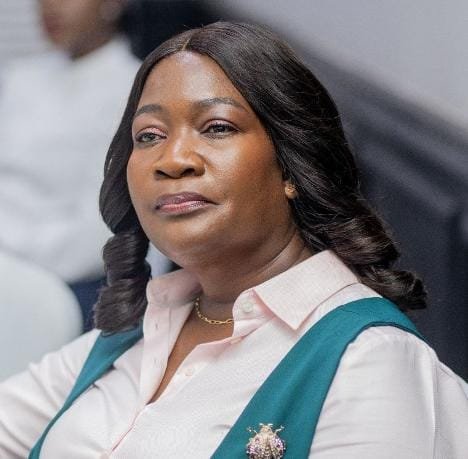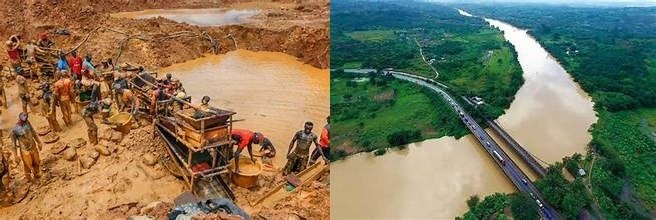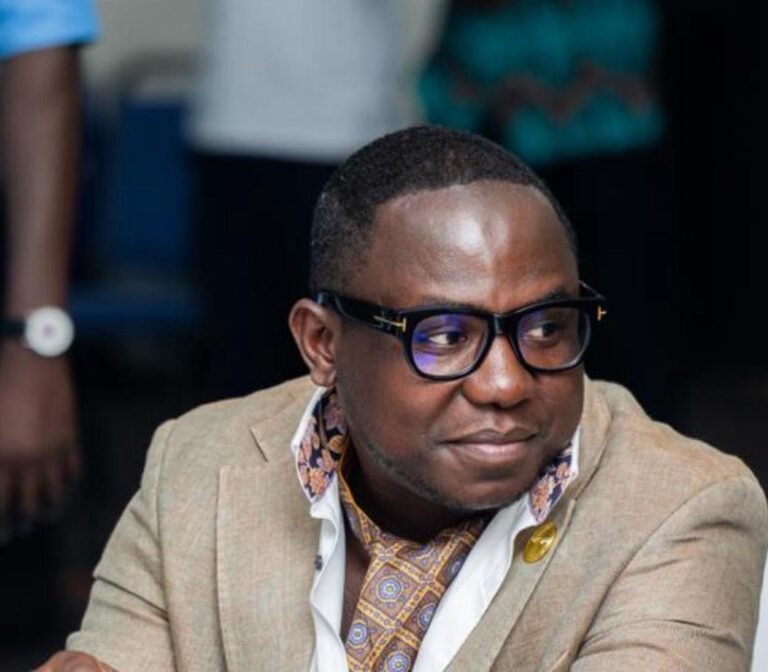
The World Bank Country Programme Framework (CPF) to partner the country is a clear indication of how credible Ghana still is, in spite of the ravages of the COVID-19 pandemic.
It is manifest in the World Bank’s abiding interest and commitment to do business with Ghana.
Those feelers have been in the air since we managed a positive growth last year and additionally managed our COVID-19 battles effectively, receiving global and continental recognition.
Among other gains had been the latest decision by the development community to grant Ghana, Senegal and Rwandan rights to manufacture vaccines to aid the fight against the COVID-19 pandemic.
Inclusive growth projects
Even before the new partnership takes off, support from our development partners, prudently appropriated, has culminated in government completing 129 projects, through the Costal Development Agency (CODA), along coastal communities in the Central, Greater Accra, Volta, Oti and Western regions.
According to the Chief Executive Officer of CODA, Jerry Ahmed Shaib, these projects include boreholes, construction of school classrooms, lorry parks and markets as well as drains, bridges – all of which create jobs and improve living conditions of residents in communities.
That is aside of credit facilities extended to under-served informal economy actors in supporting them to earn livelihoods.
Partnership
Per the five-year Country Partnership Framework for Ghana, initiatives include investment in human capital, job creation, diversification of businesses, building a resilient health system to underpin productivity and enhance life expectation and fostering a greener and inclusive society.
These are basic, rounded development initiatives that put ordinary citizens under a microscope for purposes of support. The next level, reports say, involves transformational interventions that holistically addresses basic development issues.
As a normal bank would tell you, such support would mean some contribution from the state and citizens that really prove that we are partners and not weak beneficiaries.
Responsible statehood
Rollout of the E-Levy as a policy, for instance, tells how responsible we are in contributing our quota to facilitate implementation of the Country Partnership Framework (CPF.)
Again, for a bank to come to you with a programme means that you have proven yourself a good and credible customer.
During the doom and dumsor days under the last political administration, we saw development partners hold back pledges and businesses in Ghana move out to neighbouring countries. That shows a lack of faith in the economy and political leadership.
Responding as citizens
We can assess how a nation, business or organisation is performing by its records, but also by how connected it is to worthy partners and responsible peers. Ghana’s image as a reawakening giant cannot be taken for granted by propagandists whose only excuse for opposing government programmes is to take over and loot the system, our resources and our collective heritage.
The CPF is an opportunity for us as a state to connect with the World Bank to reap the fruits of basic development. More importantly, it is an opportunity to prove that we are responsible enough to pay our taxes in supporting government programmes that augment infrastructure and holistically improve lives and livelihoods.
The Ghanaian has a good heart when it comes to giving as manifest in our relations and dealings with victims of tragedy, bereaved families, poor and disabled people as well as contributing to church projects.
That is why it is imperative that we strive to live with the ‘new normal’ about MoMo Tax in ceiling the mandate that we have given to government to deliver development, progress and prosperity for the benefit of all Ghanaians.







